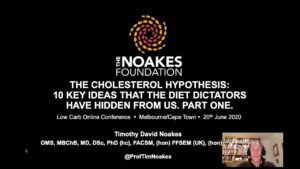Why we NEVER “cheat” on the Wheat Belly lifestyle | Dr. William Davis — Read More www.wheatbellyblog.com
Need reasons why you don’t want to cheat on Keto, especially anything with grains, including wheat, oats, rye, spelt, corn, rice, and barley (normal beer) ? It will take one week or more to get back to normal. Plus there is more! This is part of what you will read below.
If you have not read his book Wheat Belly, it is so worth it and it explains a lot of the “Why” behind why you feel, look, and act so much better on Keto. Click on the book to get it. You will be glad you did and if you do, please comment below.
Why we NEVER “cheat” on the Wheat Belly lifestyle
By Dr. Davis |

I’ve heard this many times over the years: “I allow myself one cheat day a week.” Or “I allow myself a cheat every Friday night.” Or “I have a couple of slices of pizza every Saturday.” Or the comments from naysayers such as “A little bit can’t hurt” or “Everything in moderation.”
I urge everyone to never cheat, however. But it’s not because I’m a control freak or because I like to make arbitrary rules. There are many reasons to never allow yourself such a cheat. And it has nothing to do with the few calories ingested. The implications are also far greater than the high-carbohydrate (amylopectin) exposure of a wheat and grain indulgence.
Among the reasons why it is important that you never cheat:
- Appetite is stimulated for several days following the cheat, an effect I call “I ate one cookie and gained 30 pounds.” Re-exposure to gliadin-derived opiate peptides will erode your will, typically giving way to consuming a flood of junk.
- Inflammation is re-ignited, an effect that typically lasts for about one week.
- Small LDL particles are formed, the most common abnormality in people with heart disease. (No, it is not high cholesterol. This is a fiction of the drug industry who very skillfully duped a generation of physicians in order to grow the statin franchise.) Unlike large LDL particles that persist in the bloodstream for about 24 hours, small LDL particles typically persist for nearly a week, sometimes longer. This means that one indulgence per week of wheat/grains/sugar triggers yields an excess of small LDL particles 52 weeks a year–year-round risk for heart attack.












